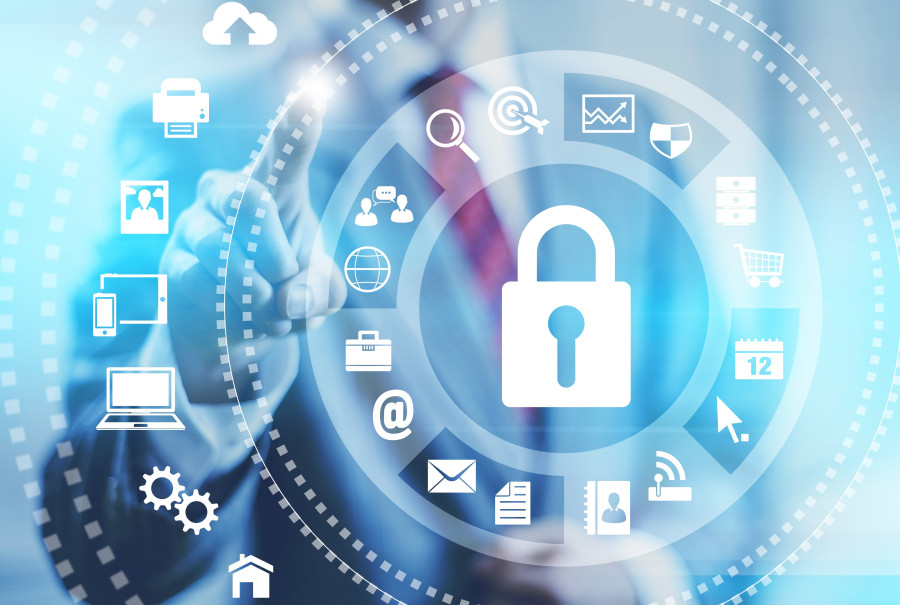Editorial
Digital democracy
We need greater scrutiny during crises.
Most governance systems were created long before digital disruptions. But as times change, it's important to see how democracies can use technology to bridge the gap between the government and its citizens. In our case, the winter session of Parliament, which is also called the bill session, ended last month without endorsing crucial bills. But the world had already been gripped by Covid-19, and most governments had no option but to put the country under lockdown.
In Nepal too, one week after Parliament was prorogued, the government announced a lockdown in order to contain the spread of the coronavirus. We are living in grave times, and no one knows when this uncertainty will end. Working from home has become the norm as not everything can come to a halt. Given such times, Parliament becomes an essential service. The legislators serve as key democratic actors who were chosen to lead in advocating an effective way through any crisis. Regrettably, we have not much to expect on that front as the Parliament secretariat rejected the request of cross-party lawmakers to hold virtual meetings of the House committees. Their reason was that the existing law as well as technological constraints do not allow it to conduct such meetings.
Amid growing criticism over the government’s response to the Covid-19 pandemic, the lawmakers had suggested holding virtual meetings of the parliamentary committees to discuss issues concerning the disease and its preparedness. And rightly so. The Ministry of Health signed an agreement with Nepal’s Omni Group on March 25 to purchase 75,000 rapid diagnostic kits from China worth $600,000. But soon after the shipment arrived in Nepal, the government decided the kits were substandard. The whole episode had a sour smell of corruption and ill intentions to make money while there is a global pandemic.
But what's more surprising is that despite the malfeasance in the procurement and contracting, the government has not taken any steps against the Omni Group. As the government falters, there must be some checks and balances in place so that it feels accountable. And discussing such issues in the respective House committees is one way of doing so.
In the United Kingdom, for example, the Commons Speaker called on the government to allow a ‘virtual Parliament’ so that legislators can take part in debates. Members have been experimenting with Zoom, a video conferencing software, to participate in meetings remotely, and perform its duty of deliberating on important issues and keeping the government accountable.
A strong and healthy democracy needs constant attention. This kind of attention becomes more imperative during times of crisis like the one we are currently facing. If the government truly wants to realise its dream of going digital, this is its best chance. Holding a remote meeting and making sure Parliament is providing the kind of service it was envisioned for will prove to be more beneficial than merely posing in front of laptops during Cabinet meetings.




 17.9°C Kathmandu
17.9°C Kathmandu














